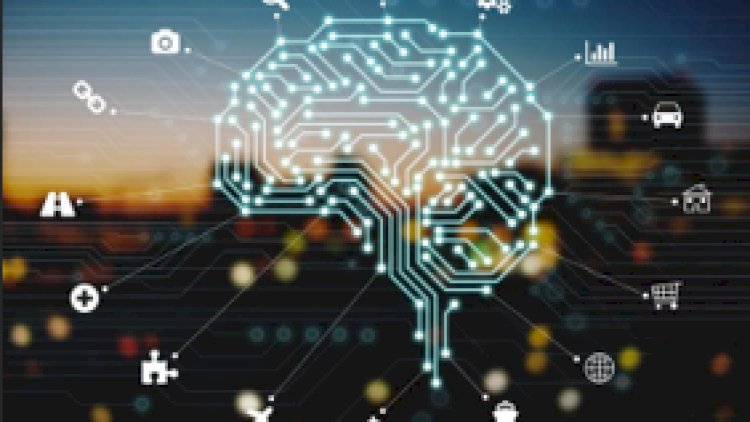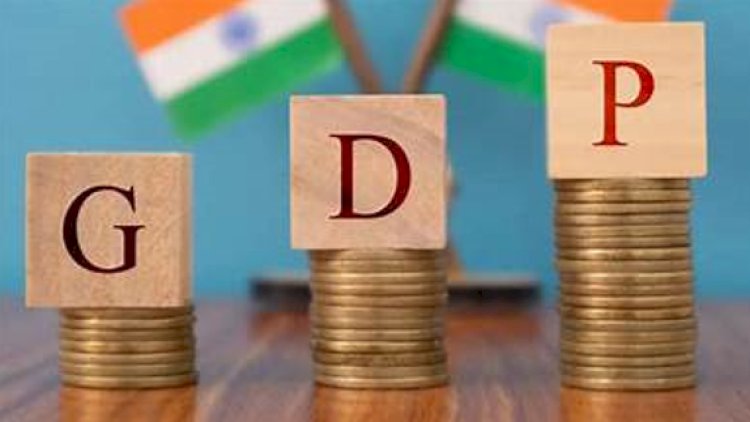INCOME INEQUALITY
Summary The uneven distribution of income within a population, with higher inequality indicating a greater disparity between the rich and the poor, is income inequality. Some of its causes include education, technological advancements, and taxation. It can cause political and social issues, threatening macroeconomic stability and sustainable growth.

Income inequality refers to the uneven income distribution within a population, with higher inequality indicating a greater disparity between the rich and the poor. It is the differences in living standards, income, and other economic factors across an entire population.
Fair income distribution is essential for maintaining the social contract.
Poverty and inequality
Understanding the relationship between poverty and inequality is a complex task. While they often increase or decrease together, it's only sometimes the case. Sometimes, a society can grapple with high inequality, even without high poverty, due to a significant gap between the income spectrum's top and middle.
Wealth and Income inequality
This phenomenon often coexists with wealth inequality, which pertains to the uneven distribution of assets and net worth. Income inequality examines the distribution of earnings within a population, while wealth inequality looks at the distribution of assets. Both types of inequality can have significant social and economic impacts.
Causes
Some of them are:
- Technological Advances: Automation and other technological changes have reduced job opportunities and wages for blue-collar and less-educated workers.
- Education: Higher educational attainment correlates with higher wage growth, while those with less education see slower wage growth.
- Economic Conditions: Economic downturns lead to financial instability, unemployment, and reduced incomes.
- Taxation: Despite progressive tax rates, certain tax policies favour higher-income earners, exacerbating income inequality.
Consequences
While some income inequality is natural due to differences in talent, effort, and chance, excessive income inequality can have serious consequences:
- Erosion of Social Cohesion: High inequality can weaken the bonds that hold society together.
- Political Polarization: Increased income disparity can lead to greater political divides.
- Lower Economic Growth: Excessive inequality can ultimately hinder economic growth.
- Loss of Opportunities: Income inequality can reduce social, educational, and economic opportunities, limiting the ability to improve living standards and financial futures.
Conclusion
Addressing income inequality is crucial for social cohesion and economic stability. Ensuring fair income distribution helps uphold the social contract and promotes a more equitable society. Policymakers must implement measures that mitigate these disparities and promote economic opportunity for all members of society. Mitigating its effects is crucial for ensuring equitable opportunities and sustainable economic development.





































Comments (0)